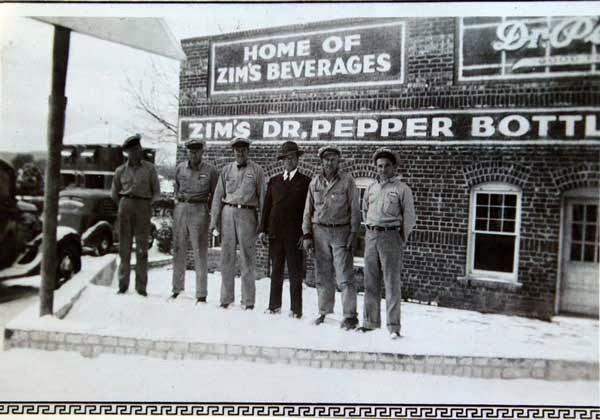If you go north on Hwy 281 from
I-20, like you’re going to Mineral Wells, you’ll cross over the beautiful steel-girded
Brazos River Bridge Dobbs Valley Road . If you take out an old
map, you’re in Dobbs
Valley Palo Pinto
County Brazos
River
Chesley S. Dobbs was scalped here
in 1872. Here’s a link to the whole horrific story. http://www.forttours.com/pages/dobbs.asp.
This valley rightly bears his name. Some say this valley was settled partly
because the mountains to the north broke the cold winter wind. The soil appears
to be good. The Brazos flows strong and
constant through the middle. There are mature pecan witness trees in the
bottoms. Anglos came here fleeing the Civil War, Northern soldiers “burned
their homes, killed their stock and took what they could.”
Just off Hwy. 281 you come to Dobbs Valley
Baptist Church Dobbs Valley
Cemetery
The asphalt road turns to gravel,
then dirt, climbing then falling to creek branches and high ridges over and
over. Before long, if you’ll study the left side of the road you’ll see the Goen Cemetery
The Goen Cemetery
Ellen Campbell wrote in the Palo Pinto County History Book that “Grandmother
Mary Goen told how the Indians made their raids, how they would gather at one
house when they thought the Indians were going to raid. When they would go to
church at Soda Springs, across the river, the men would take their guns,
because they didn’t know when they might run into Indians. She told of a
Millsaps girl just barely getting into the house when the Indians shot an arrow
and it pinned her dress to the wall.”
I almost want to tell folks to stop
right after they pull off 65 MPH
roads for these detours. You’ve got to drive slow and it’s tough after fighting
traffic getting here. Look left and right. You’ll likely see things I didn’t. Old
roads tend to be like crotchety old mules. They don’t do anything without a damned
good reason. If a road suddenly makes a hard left or right turn, there was probably
a homestead there at one time. If it crosses a creek in an unusual way, there’s
a reason for that too. Enough said.
Just past one bridge there’s a
neatly-hewn cut-rock wall on the south side. I’d put this forgotten rock mason’s
craftsmanship up against any of the multi-million dollar show homes in Aledo. There’s
not enough wall left for me to more than guess – a school, church, a nice
house? Right by the creek, I tend to think school. The wall sits behind a game
fence, at least still able to provoke further study.
There was a Red Bluff school in Dobbs Valley Red Bluff
School
Near the end of this road, on the
left, the north I’d say, there’s a hollow brown rock building’s walls which on
first glance looks like an abandoned schoolhouse. Also just past a bridge. Windows
spaced evenly, symmetrical architecture. As my zoom lens stretches long I
notice a cross made from rocks cemented into the front face of the wall, so a
church or a church school, perhaps. It feels 1920s or 1930s, but I have no
clue. There was no one around to ask.
This road crosses over into Parker County Bennett
Road , another peaceful sojourn if you have the
time.
I guess I skipped telling about the
old farm house. Not that old, 1930s I’d guess. Sitting empty, behind a big long
fence, behind a big red and white For Sale sign. Though the old home is different
in design and karma and location and almost everything else, it reminds me of
my Brown County Clark Family grandparents’ place. I don’t know why. The house
I’m looking at was probably nailed together by whoever lived there. I suspect
through the years they invested the money they saved in other ways. That might
explain the long fence. I suspect grandparents lived here too.
There are more photos in the Palo
Pinto Photo File. If you get down Dobbs
Valley






Thanks for all this information and time and energy invested in it. My Great Grandpa was James A. Dobbs who was Chesley's brother. Also, there is a Memoir by Ellon Dobbs Killion online in which she wrote (in 1920) about the families of long ago. I have posted it on familysearch.org as a source for James A. Dobbs, ID #KZVP-VMV. You might also find it at: http://files.usgwarchives.net/tx/young/bios/dobbs-skidmore.txt
ReplyDelete